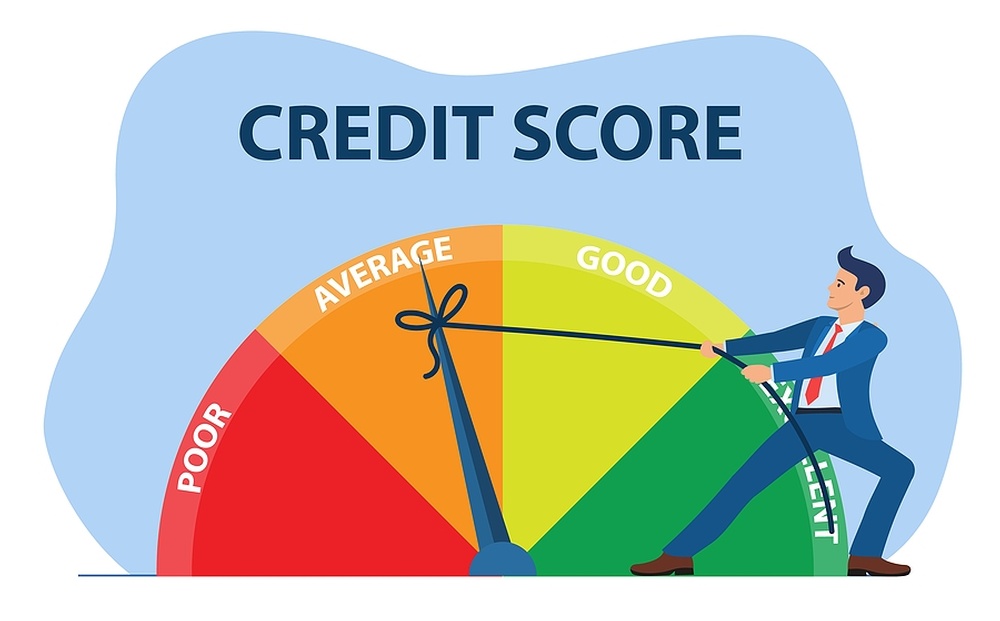Understanding Credit Scores and Mortgages: Your Path to Homeownership

The dream of homeownership is a significant milestone for many individuals and families. It often starts with understanding credit scores and how they impact your ability to secure a mortgage. Your credit score plays a vital role in determining not only whether you qualify for a mortgage but also the interest rate you'll receive. In this blog, we'll demystify the connection between credit scores and mortgages, equipping you with the knowledge you need to embark on your homeownership journey.
1. What is a Credit Score?
- Before delving into mortgages, it's essential to understand what a credit score is. It's a numerical representation of your creditworthiness and financial history. Credit scores typically range from 300 to 900, with higher scores indicating better credit.
2. How Credit Scores Affect Mortgage Eligibility:
- Lenders use your credit score to assess your risk as a borrower. A higher credit score usually means you're a lower-risk borrower, making it easier to qualify for a mortgage.
3. Impact on Interest Rates:
- Your credit score also affects the interest rate you'll receive on your mortgage. A higher score often results in a lower interest rate, which can significantly impact the overall cost of your home.
4. Credit Report Review:
- Lenders will review your credit report in detail. It's essential to review your own report for accuracy and address any errors before applying for a mortgage.
5. Improving Your Credit Score:
- If your credit score isn't where you'd like it to be, there are steps you can take to improve it. Paying bills on time, reducing credit card balances, and avoiding new debt can positively impact your score.
6. The Role of Debt-to-Income Ratio:
- Lenders also consider your debt-to-income ratio when evaluating your mortgage application. This ratio reflects your ability to manage your existing debt alongside your potential mortgage payment.
7. Mortgage Pre-Approval:
- Getting pre-approved for a mortgage is a crucial step in the homebuying process. It not only helps you understand how much house you can afford but also demonstrates to sellers that you're a serious buyer.
8. Mortgage Types:
- Different mortgage types, such as fixed-rate, adjustable-rate, and interest-only mortgages, have varying credit score requirements. Be sure to research and choose the one that suits your financial goals.
9. Consult a Mortgage Professional: - Don't hesitate to reach out to us; where we can provide guidance tailored to your unique financial situation. We can help you understand your options and work towards securing the best mortgage deal.
10. Maintain Financial Discipline: - After securing a mortgage, it's crucial to maintain financial discipline. Continue paying bills on time, managing your credit responsibly, and budgeting effectively to ensure a successful homeownership experience.
Understanding credit scores and their impact on mortgages is a critical step on your path to homeownership. By proactively managing your credit, seeking pre-approval, and exploring various mortgage options, you can increase your chances of securing a mortgage with favorable terms. Remember, homeownership is a significant financial commitment, so taking the time to understand and improve your credit score can make all the difference in achieving your homeownership goals. Start your journey toward owning your dream home today!